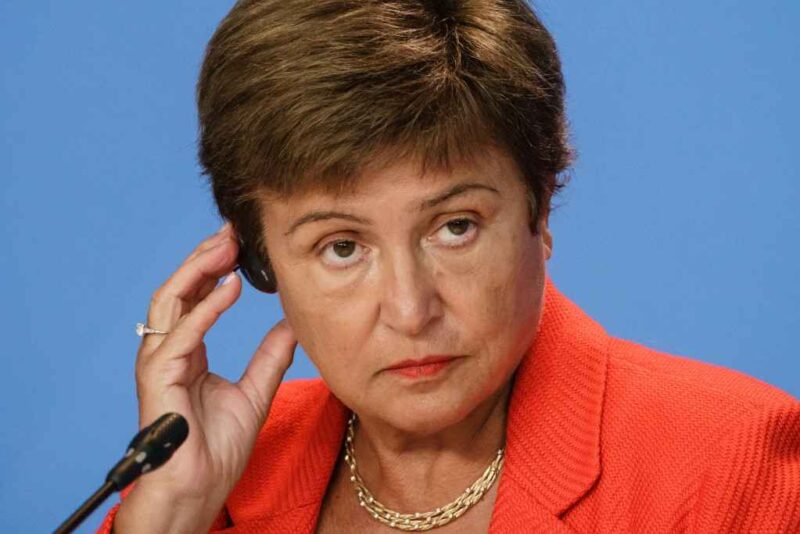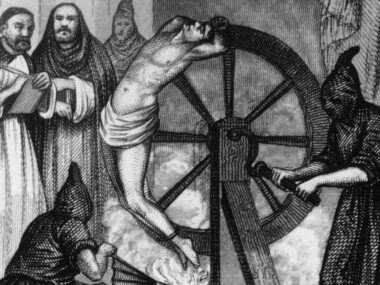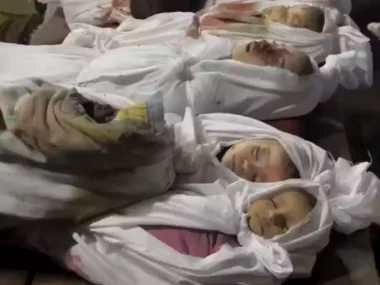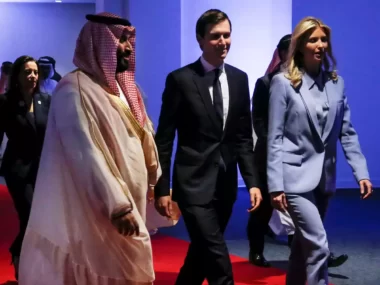Kristalina Georgieva, the IMF Chief of Bulgarian citizenship, predicted that the Russian economy would expand, not contract, despite the war in Ukraine. That took the World Bank and the Organization for Economic Cooperation and Development (OECD) by surprise for the IMF rosy predictions, which even the Russian Central bank could not muster. Georgieva is an Orthodox Christian with, one would have to imagine, a distinct affinity towards the Russian Orthodox Church. This might explain her wild predictions in support of Russia. When officials introduce religion in their work environments, the outcome blurs reality.
Thankfully, the World Bank and the OECD had their own more accurate numbers, which forced Georgieva to backtrack on the IMF predictions. Publicly and in a humiliated fashion, we might add.
We can’t find any other explanation except Georgievas’ sympathy towards Russia to explain her gross and inaccurate predictions. All most likely based on her religious beliefs, we might add.
The next is that we predict she will not last long in her job after this fiasco.
A COUNTRY OF DIVERSITY
The United States is a country of diversity, especially when it comes to religious beliefs. This diversity makes religious labeling a taboo. But such is not the case in Europe, where Christianity is the dominant religion and where Catholicism and Orthodoxy marshal the pecking order of politics and business between Western and Eastern Europe. This explains Hungary siding more with Russia than Europe when it comes to NATO membership of Sweden and Finland.
So for people like Georgieva, the Tennis star Novak Djokovic, and so many other Eastern Europeans, they associate more with Russia than Europe because of their religious affiliations and a long history of occupation and influence. For Georgieva to lend a hand to Russia is not unusual for those who understand the dynamics of East and West in Europe.
Georgieva corrected herself by making the prediction that Western sanctions will eventually devastate the Russian economy starting in 2024, which is quite the departure from her earlier predictions of the Russian economy growing at 3.3% in 2024.
To make things worst for her, she also boosted China’s economic outlook because of the good relations China enjoys with Russia.
Be as it may, holding the Chief of the IMF accountable for her mistakes is a first good step. The next is that we predict she will not last long in her job after this fiasco.





